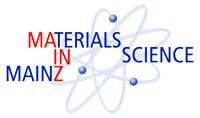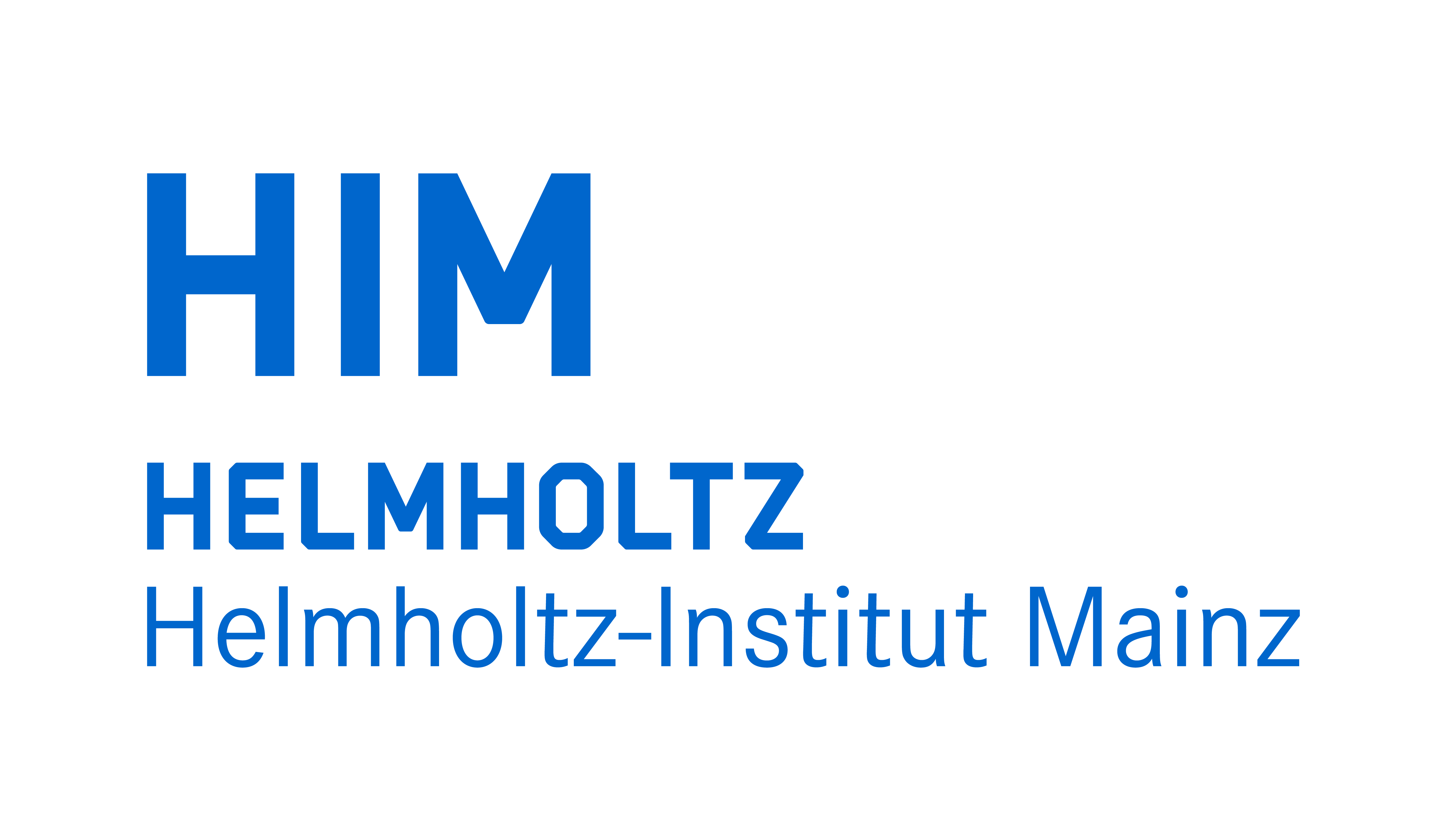


Physikalisches Kolloquium
Jan. 31, 2017 at
4 p.m. c.t.
in
HS KPH
Prof. Dr. Friederike Schmid
Institut für Physik
friederike.schmid@uni-mainz.de
Prof. Dr. Hartmut Wittig
Institut für Kernphysik
hartmut.wittig@uni-mainz.de
What does physics tell us about possibilities of achieving the Paris Agreement climate goals?
Prof. Dr. Mark G. Lawrence (Institute for Advanced Sustainability Studies (ASS), Potsdam)
At the 21st UNFCCC Conference of the Parties in Paris in December, 2015, 193 nations agreed unanimously to limit “…the increase in the global average temperature to well below 2°C above pre-industrial levels and to pursue efforts to limit the temperature increase to 1.5°C above pre-industrial levels, recognizing that this would significantly reduce the risks and impacts of climate change.” However, in contrast to the broad scientific consensus that anthropogenic emissions of CO2 and other climate-forcing substances are causing global climate change (IPCC, 2013), which was fundamental to reaching the Paris Agreement, there is no consensus on how to best achieve the goal of a 1.5°C limit – in fact, it is unclear whether this goal could actually be achieved at all.
In this talk I will examine four aspects of this issue, particularly from the perspective of what physics tells us – or still needs to tell us – about the possible pathways to keeping global warming below 2°C, or even below 1.5°C:
• The remaining carbon budget until the global mean surface temperature is expected to be committed to exceeding 1.5°C or 2°C; • The role of non-CO2 gases and particles in climate change; • The viability of ideas for removing CO2 from the ambient atmosphere; • And the “if all else fails” discussion around global-scale climate interventions to change the atmospheric radiative energy budget via various means, such as increasing the optical thickness of reflective particle layers or injecting particles into clouds to modify their properties.
Does our knowledge of atmospheric science provide hope, or are we now faced with multiple “inconvenient truths”?